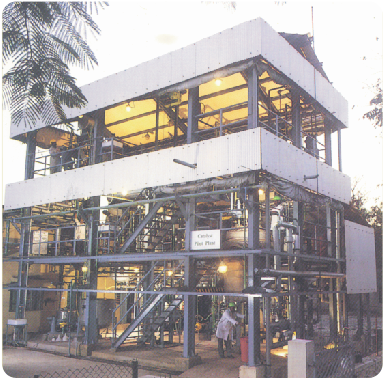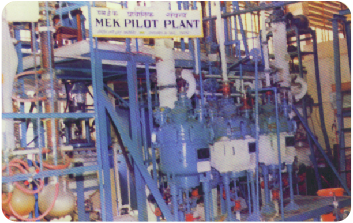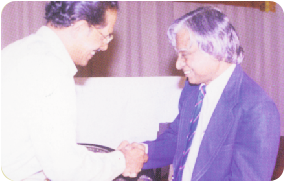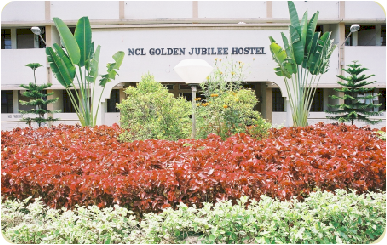History And Milestones
1990-1999
- NCL confronts a grim economic environment in the early nineties. Steep appreciation of Rupee against foreign currency and declining support from CSIR to laboratories poses a formidable challenge to sustain the activities of the laboratory. India is on the throes of an economic reform resulting in the transformation of the Indian chemical industry. The focus shifts from import substitution to manufacture of products which are globally competitive.
- NCL focuses on highest quality scientific research leading to innovation and generation of intellectual property. In view of the weak sentiments in the Indian chemical industry NCL aggressively forays into R&D partnership with global multinational companies.
- NCL coins the slogan "patent, publish or perish". Pioneers the culture of patenting before publishing, a culture which will come to pervade all - CSIR post 1995.
- NCL files several patents in the US and are granted. This attracts the attention of the global majors who come to NCL looking for research partnerships. This marks the start of the era of CSIR as "exporters of knowledge". This also marks the beginning of India emerging as a global hub for R&D, leading to increasing interest amongst global companies to use India as knowledge partner.
- NCL forays into the area of polycondensation chemistry for polycarbonates. Files and secures several seminal patents in the area of solid state polycondensation, which attracts GE, the world's largest producer of polycarbonates to NCL. This marks the beginning of a collaboration, which holds the record of the longest sustained collaboration between CSIR and industry, from 1993 to present. This collaboration sets new paradigm in public-private partnership, eventually resulting in the setting up of the J. Welch Technology Center at Bangalore.
- To augment the resources of the laboratory and to inject quickly capital for modernizing several of NCL's ageing infrastructure, NCL boldly accepts the challenge to take a loan from World Bank, repayable with interest from the income earned by the laboratory from commercial sources. The money is used to build new research capabilities in polymer science and engineering, process development and scale up of catalysts. NCL successfully repays the loan and interest amount to World Bank over a ten year period ending in 2005, entirely from the surplus in earnings from industrial / contract research.


- NCL continues its tradition of leadership in catalysis R&D. It becomes the second institution in the world to develop a titanosilicate catalyst, TS-1, heretofore, a monopoly of Enichem, Italy. The catalyst is scaled up to kilogram level at NCL and is supplied to global companies for several years.
- NCL signs landmark research agreements with global companies such as, GE, DuPont, Dow, BASF, Lyondell, Lanxess, Solvay, J&J, P&G, UOP, Invista, Eastman, Alcoa, Nestle, Unilever, Honeywell, etc. and ventures aggressively into contract research. Scientists of NCL learn the rigors of competitive R&D and are exposed to the best practices in business driven R&D from the world's leading companies. Contract research also bring much needed financial resources to the laboratory in a decade where public funding from Government to CSIR was on the decline.
- NCL Research Foundation (NCL-RF), a unique experiment in managing private funds within a publicly funded organization takes root. NCL-RF is based on generous contributions from corporate entities/individuals and is managed by a respectable and independent Board of Trustees. NCL-RF recognizes excellence, by individuals as well as groups, in all walks of endeavours within the laboratory. NCL-RF has grown in strength over the years and supports several activities such as distinguished lectures, overseas travel grants to students and fellowships to financially needy wards of NCL staff.
- Dr. Paul Ratnasamy, Head of Inorganic & Catalysis Division of NCL assumes charge as the Seventh Director of NCL (1995-2002).

